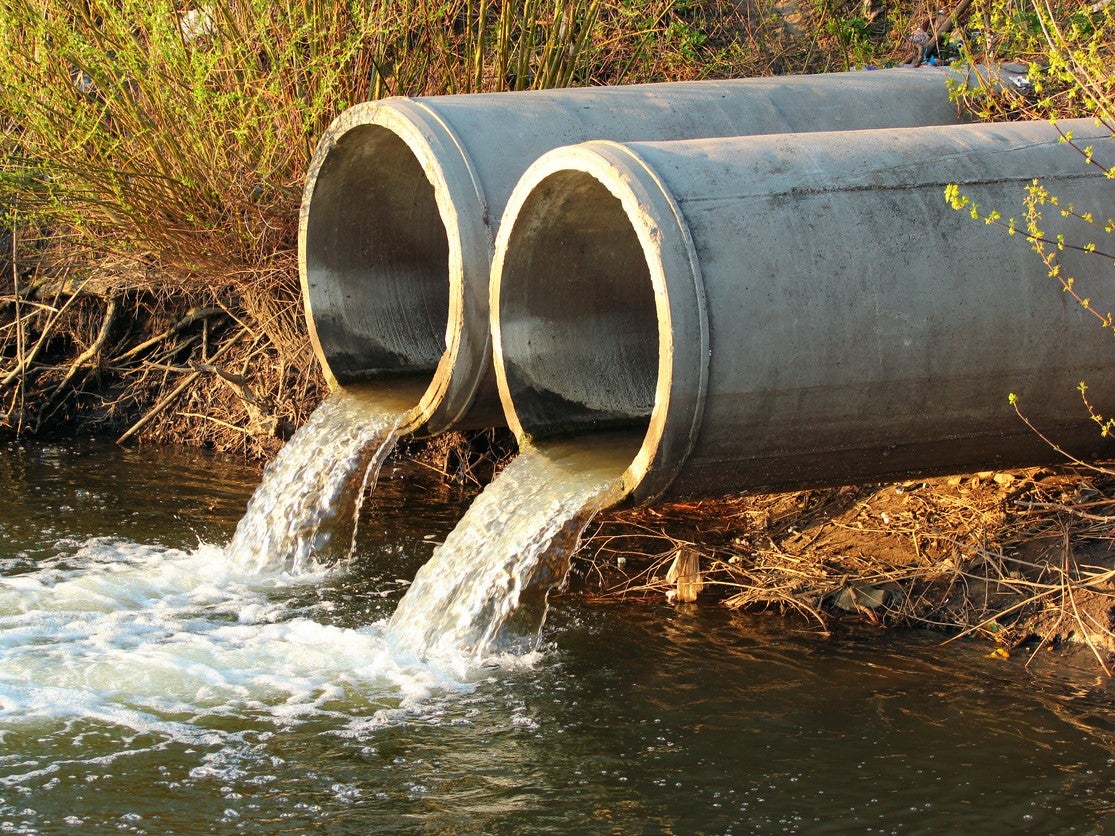Labour vows to fix ‘broken system’ letting water companies dump sewage while paying out huge dividends
Exclusive: Opposition promises tougher laws and higher fines, as outrage builds over river pollution

Labour has vowed to fix the “broken system” which has allowed water companies to cut the sums spent on keeping rivers clean from raw sewage while paying out huge dividends to shareholders.
Households in England have paid out up to £138 a year over the past decade to cover the cost of dividends at the country’s biggest water providers, according to Labour’s analysis of the firms’ financial figures.
Sir Keir Starmer’s party also highlighted research showing that the companies have cut investment in the wastewater and sewage network by more than £520m since the 1990s.
Jim McMahon, shadow environment secretary, told The Independent: “The system is clearly broken and the government is refusing to listen to Labour’s calls for higher fines for water companies … as well as a proper plan for reducing raw sewage being discharged.”
The Labour MP added: “Labour’s contract with the British people for prosperity, security and respect will see an end to sewage dumping to clean up our rivers, lakes and seas.”
It comes as outrage builds over river pollution – after it emerged this week that more than two billion litres of raw sewage was dumped in the River Thames over a two-day period.
Thames Water admitted that an “unacceptable” amount of sewage had flowed into the river from its Mogden wastewater treatment works during a 48-hour period in October 2020.
Investment in the wastewater and sewage network among the biggest operators in England and Wales has been cut from £2.9bn a year in the 1990s to £2.4bn, according to recently published figures.
The data on critical investment came from regulator Ofwat, obtained through freedom of information requests by the Windrush Against Sewage Pollution group.
Anti-pollution campaigners claim that companies have been using the illegal dumping of untreated sewage as a way of avoiding proper investment in their networks.
Water companies were responsible for nearly 400,000 sewage dumping events in 2020 alone, according to the Environment Agency.
Labour pointed to research from the University of Greenwich which shows almost £19bn was paid out in dividends to shareholders in the nine major water companies operating in England between 2010 and 2021.
The study found that the dividends increased the cost to consumers by between £32 and £138 a year during the period, depending on the company.
However, Water UK, the representative body for the water companies, said the University of Greenwich report “builds on work that has previously been discredited, with water companies’ accounts misread, and the dividend numbers quoted for some companies simply wrong, and massively overstated”.
Labour called for tougher laws, fines and greater parliamentary scrutiny of what the Department for Environment, Food and Rural Affairs (Defra), Ofwat and the Environment Agency are doing to address the sewage problem.
“A Labour government will toughen up laws on polluting by reviewing legislation on enforcement and sanction, introducing penalties for under-reporting of incidents,” Mr McMahon wrote in an article for The Independent.
“Labour is committed to holding water bosses to account, putting in place clear legal requirements to reduce raw sewage discharging into our land, rivers and coastline, and we will ensure the hard-earned money paid to water companies is directed to investment in our creaking network.”
Water UK said bills have, in real terms, remained around the same level for more than a decade “and have actually fallen in both the last two years”.
A spokesperson added: “However, we recognise the need for accelerated investment in our sector, which is why we are pushing the government to instruct the regulator, Ofwat, to authorise schemes that meet government’s environment targets, including ending all ecological harm from overflows, ensuring resilient water supplies, and meeting our ambitious 2030 net zero target.”
A Defra spokesperson said the government “won’t hesitate to take enforcement action against water companies failing to reduce pollution”, adding: “We have also been repeatedly clear that we want to see water companies spending far more on better infrastructure, and far less on payouts.”
Join our commenting forum
Join thought-provoking conversations, follow other Independent readers and see their replies
Comments
Bookmark popover
Removed from bookmarks